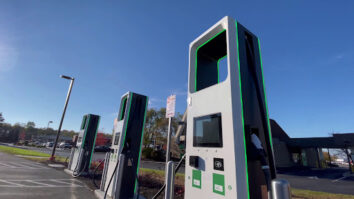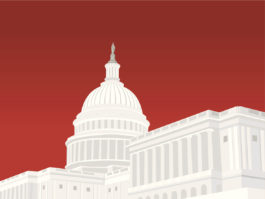The 2017 Tax Cuts and Jobs Act introduced legislation surrounding the Opportunity Zone Program, a tax incentive program allowing tax breaks for those investing in Qualified Opportunity Zones (QOZs). The investments, in turn, initiate economic development and job creation within these designated communities under economic distress.
As with almost every aspect of our personal and professional lives, the COVID-19 pandemic has had a recognized effect on taxpayer investments like those through the Opportunity Zone Program. When the IRS issued Notice 2020-23, extending filing and payment deadlines for taxpayers affected by COVID-19, it was clear that expansion and clarification would be needed from the IRS on the specifics surrounding investments made in opportunity zones.
On June 4, 2020, the IRS issued Notice 2020-39, Relief for Qualified Opportunity Funds and Investors Affected by Ongoing Coronavirus Disease 2019 Pandemic. This notice expands the relief initially provided to taxpayers and clarifies issues surrounding the timeline of investments in Qualified Opportunity Funds (QOFs) in the wake of the COVID-19 crisis.
Relief Provided for QOF Investors
Under current tax law, taxpayers with a “gain from a sale to, or exchange with, an unrelated person of any property held by the taxpayer” may defer paying tax on capital gains if, within 180 days of recognizing the gain, the taxpayer invests in a qualified opportunity fund (QOF). Notice 2020-39 clarifies that, should the end of the 180-day investment period fall between April 1, 2020, and December 31, 2020, the last day of the 180-day period will automatically be extended to December 31, 2020.
A QOF is to be tested two times a year, usually occurring on June 30th and December 31st, to assess the percentage of the fund’s assets meeting the standard for qualified opportunity zone property. To avoid monthly penalties, testing must show that at least 90% of the QOF’s assets are qualified opportunity zone property. Notice 2020-39 clarifies that a test failure will be disregarded, providing the test occurred between April 1, 2020, and December 31, 2020.
For a used property to be considered QOZ business property, current law states it must be substantially improved within 30 months of acquiring the property. This notice puts that requirement on hold between April 1, 2020, and December 31, 2020.
To maintain status as a QOZ business, an entity must comply with certain standards, including the working capital safe harbor standards. While current law states working capital expenditure must occur within 31 months of the receipt of the asset, and that a maximum of 62 months is permitted if additional requirements are met, Notice 2020-39 clarifies this period is extended an additional 24 months (86 months maximum, in total) if the QOZ business falls in an area under a federally declared disaster.
After the disposition of a QOZ property, current law allows a QOF a period of 12 months to reinvest the capital received. Providing the original reinvestment period included January 20, 2020, and the reinvestment is performed in the manner in which it was originally intended before January 20, 2020, Notice 2020-39 allows an additional 12 months for reinvestment of capital due to the federally declared disaster.
Contact ARB
ARB is dedicated to updating our clients and community as the legislative implications of the COVID-19 pandemic continue to unfold. For questions on these updates, contact us today, or visit our COVID-19 Financial Resource and Tax Center for additional information on related matters.
By Matthew Pore, CPA





